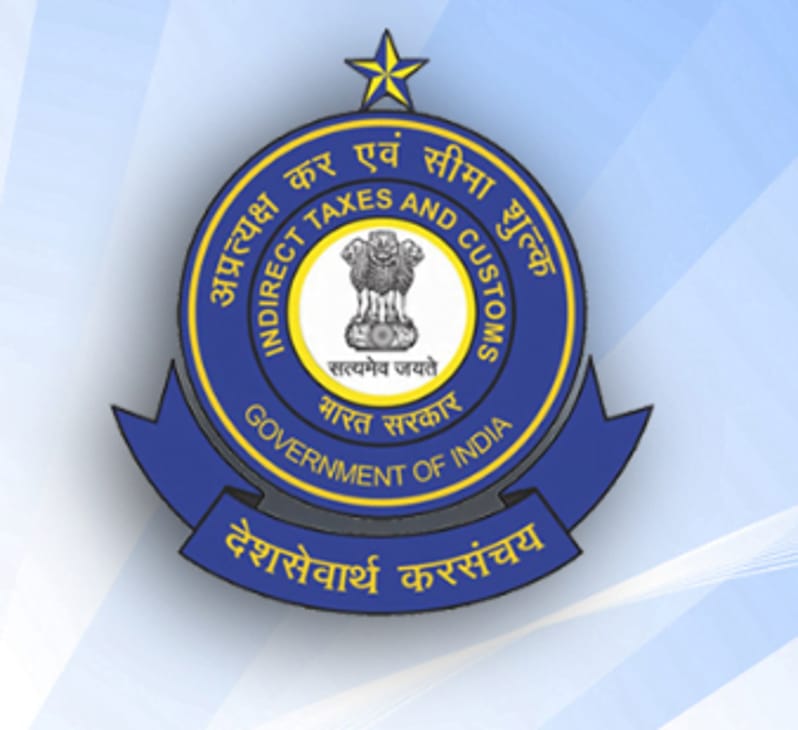Deepak Gupta | Jul 29, 2018 |

Applicability and analysis of GST Audit provisions for FY 17-18 | AY 18-19 : GST annual audit has been mandated for Every registered person whose aggregate turnover during a financial year exceeds two crore rupees [Sub-section 5 of section 35 of the CGST Act read with sub-rule (3) of rule 80 of CGST rules 2017].
Section 35(5): Every registered person whose turnover during a financial year exceeds the prescribed limit shall get his accounts audited by a chartered accountant or a cost accountant and shall submit a copy of the audited annual accounts, the reconciliation statement under subsection (2) of section 44 and such other documents in such form and manner as may be prescribed.
Rule 80(3): Every registered person whose aggregate turnover during a financial year exceeds two crore rupees shall get his accounts audited as specified under sub-section (5) of section 35 and he shall furnish a copy of audited annual accounts and a reconciliation statement, duly certified, in FORM GSTR-9C, electronically through the common portal either directly or through a Facilitation Centre notified by the Commissioner.
Further the registered person who is required to get his accounts audited has to furnish Annual return and other information like reconciliation statementreconciling the value of supplies that are declared in the GST returns on or before 31st Decemberfollowing the end of such financial year.
Section 44. (1) : Every registered person, other than an Input Service Distributor, a person paying tax under section 51 or section 52, a casual taxable person and a non-resident taxable person, shall furnish an annual return for every financial year electronically in such form and manner as may be prescribed on or before the thirty-first day of December following the end of such financial year.
Section 44(2): Every registered person who is required to get his accounts audited in accordance with the provisions of sub-section (5) of section 35 shall furnish, electronically, the annual return under sub-section (1) along with a copy of the audited annual accounts and a reconciliation statement, reconciling the value of supplies declared in the return furnished for the financial year with the audited annual financial statement, and such other particulars as may be prescribed.
Definition of turnover as per CGST Act 2017
Turnover for GST purpose has been defined in Sec. 2(6) of the CGST Act : Aggregate Turnover Aggregate Turnover means the aggregate value of all taxable supplies (excluding the value of inward supplies on which tax is payable by a person on reverse charge basis), exempt supplies, exports of goods or services or both and inter-State supplies of persons having the same Permanent Account Number, to be computed on all India basis but excludes central tax, State tax, Union territory tax, integrated tax and cess.
This can be explained with the following example
Lets assume, a Company is registered in four different states with same PAN, engaged in making taxable supplies, exempt supply, export and interstate supply.
| Place of Bussiness | Total turnover of different registration (In Rupees) |
| Haryana | 2 Crores |
| Punjab | 50 lakhs |
| West Bengal | 7 lakhs |
| Maharashtra | 10 lakhs |
| Aggregate turnover on all India basis | 2.67 Crores |
Thus, in accordance with above mentioned provisions, the company is required to comply with GST Audit in all four states.
It is also to be noted here that registered person majorly affecting exempt supply and having turnover Rs. 2.5 cr. (For Example comprising of exempt supply of Rs. 2.4 cr. and taxable supply Rs. 10 lakhs), is also required to comply with GST Audit, eg: school, hospitals etc.
Period for GST Audit : The matter of discussion here is whether first GST audit is to be conducted for April 2017 to March 2018 or July 2017 to March 2018. As per Authors opinion GST has been implemented from 1st day of July, hence, audit under GST should be conducted for period covered under GST regime and accordingly aggregate turnover should also be computed for July 2017 to March 2018. [This is subject to clarification or notification of GST council.]
Due date for submitting GST Audit Report : In accordance with the above mentioned provisions, due date of furnishing of annual return and audit for a financial year is 31st of December of succeeding financial year.
Stakeholders should keep in mind that, the maximum period for rectification of invoices and other relevant documents for the benefit of ITC is due date of furnishing of return of the month of September of succeeding financial year. Further, it is pertinent to mention here that in Income Tax Laws, due date of furnishing of tax audit and income tax return is 30th September respectively and hence, period beyond this date has of no relevance after finalization of accounts. Therefore, GST audit should also be completed by that date only.
Click Here to Buy CA Final Pendrive Classes at Discounted Rate
You May Also Refer :
In case of any Doubt regarding Membership you can mail us at [email protected]
Join Studycafe's WhatsApp Group or Telegram Channel for Latest Updates on Government Job, Sarkari Naukri, Private Jobs, Income Tax, GST, Companies Act, Judgements and CA, CS, ICWA, and MUCH MORE!"